Ebola Communication Preparedness Implementation Kit
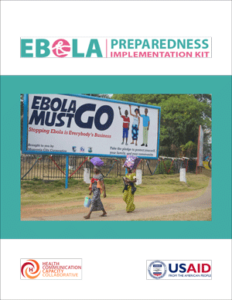 Now also available in French, this toolkit developed by CCP provides national and local stakeholders, as well as program managers, with key considerations and a roadmap for instituting and implementing critical, relevant, practical and timely communication for responding to the threat of an Ebola Virus Disease (EVD) outbreak. The I-Kit guides countries in social and behavior change communication (SBCC) and risk communication activity planning, including communication plan development for every stage of an Ebola response. For any country facing a major health crisis, national preparedness plans need to include and support communication efforts. Integration of communication into the preparedness agenda from the outset ensures that preparedness communication is harmonized, relevant, timely, financially supported and aligned among all of the preparedness technical teams. Robust national communication preparedness plans maximize the effectiveness of Ebola communication and equip communication trainers and experts with a common set of tools and modules.
Now also available in French, this toolkit developed by CCP provides national and local stakeholders, as well as program managers, with key considerations and a roadmap for instituting and implementing critical, relevant, practical and timely communication for responding to the threat of an Ebola Virus Disease (EVD) outbreak. The I-Kit guides countries in social and behavior change communication (SBCC) and risk communication activity planning, including communication plan development for every stage of an Ebola response. For any country facing a major health crisis, national preparedness plans need to include and support communication efforts. Integration of communication into the preparedness agenda from the outset ensures that preparedness communication is harmonized, relevant, timely, financially supported and aligned among all of the preparedness technical teams. Robust national communication preparedness plans maximize the effectiveness of Ebola communication and equip communication trainers and experts with a common set of tools and modules.
Sources:

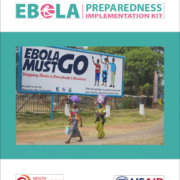

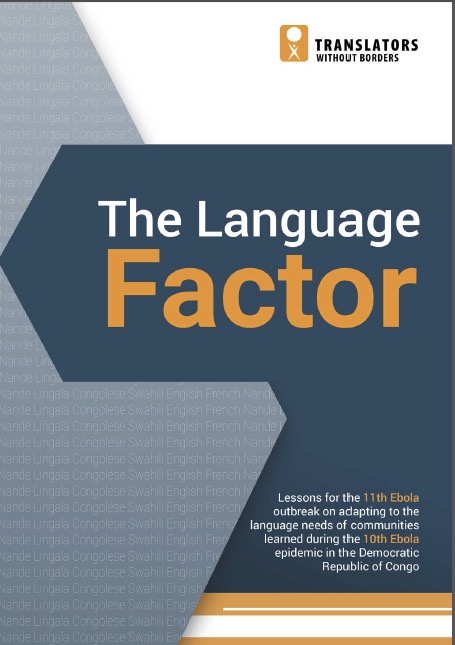 This resource provides lessons from previous Ebola outbreaks in the DRC on adapting to the language needs of communities and centers language as a key trust builder between communities and public health experts.
This resource provides lessons from previous Ebola outbreaks in the DRC on adapting to the language needs of communities and centers language as a key trust builder between communities and public health experts.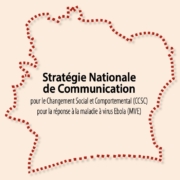
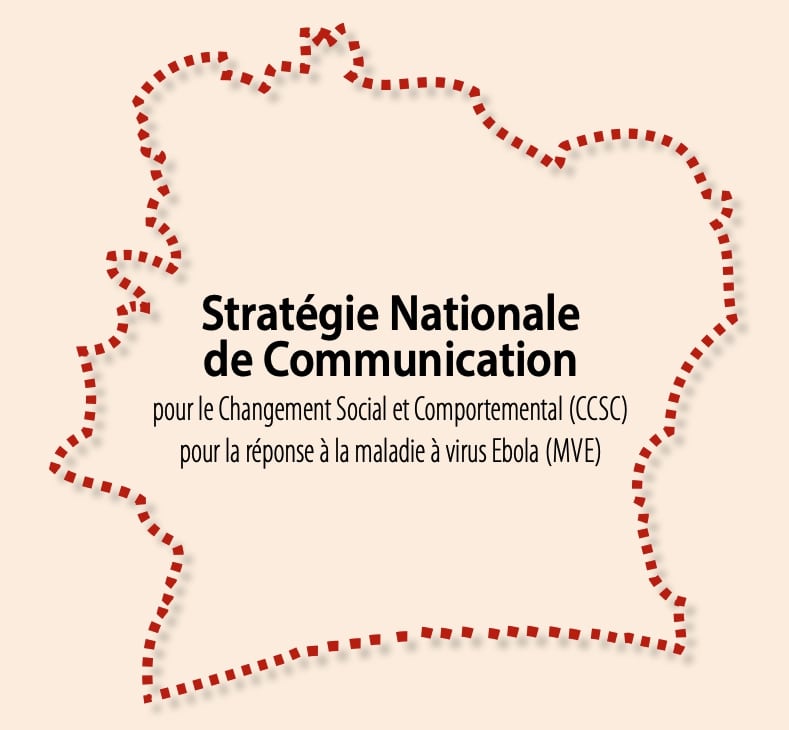 This National Social and Behavioral Change Communication (SBCC) Strategy document was developed in March 2016 to establish a coordination framework for Social and Behavioral Change Communication for the prevention of EVD, preparation of the response, and care of people with Ebola in Côte d’Ivoire.
This National Social and Behavioral Change Communication (SBCC) Strategy document was developed in March 2016 to establish a coordination framework for Social and Behavioral Change Communication for the prevention of EVD, preparation of the response, and care of people with Ebola in Côte d’Ivoire.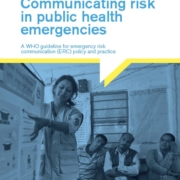
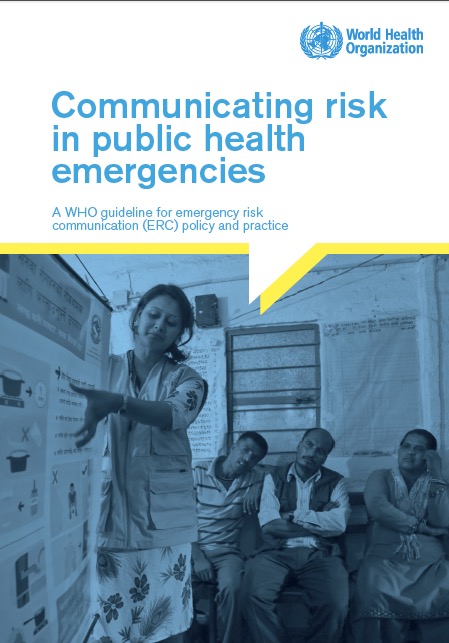 This WHO guide for emergency risk communication (ERC) policy and practice provides overarching, evidence-based guidance on how risk communication should be practiced in an emergency. The recommendations also guide countries on building capacity for communicating risk during health emergencies.
This WHO guide for emergency risk communication (ERC) policy and practice provides overarching, evidence-based guidance on how risk communication should be practiced in an emergency. The recommendations also guide countries on building capacity for communicating risk during health emergencies.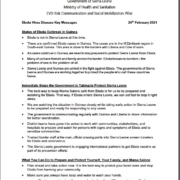
 2021- Developed by the Government of Sierra Leone, this resource features facts about Ebola, prevention, signs and symptoms, treatment and how to distinguish between COVID-19 and Ebola Virus Disease.
2021- Developed by the Government of Sierra Leone, this resource features facts about Ebola, prevention, signs and symptoms, treatment and how to distinguish between COVID-19 and Ebola Virus Disease.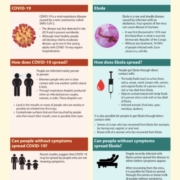
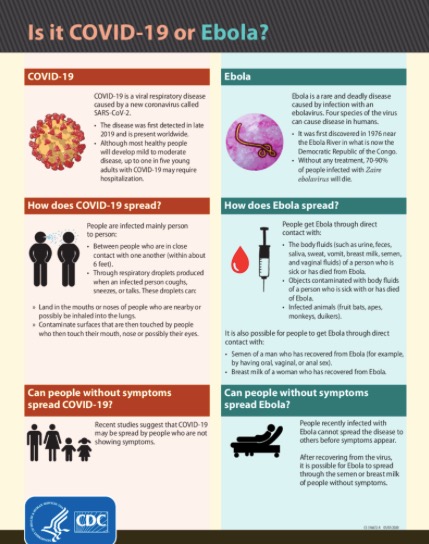 This fact sheet distinguishes between Covid-19 and Ebola in terms of cause, transmission, signs and symptoms and risk factors.
This fact sheet distinguishes between Covid-19 and Ebola in terms of cause, transmission, signs and symptoms and risk factors.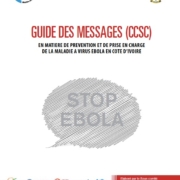
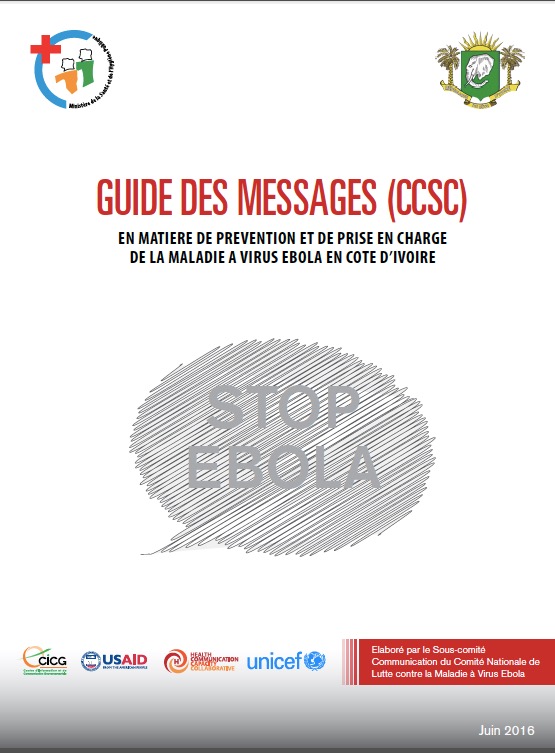 This message guide was produced in June 2016 to strengthen the coordination of the various information and education interventions developed to raise awareness about the Ebola epidemic in Côte d’Ivoire.
This message guide was produced in June 2016 to strengthen the coordination of the various information and education interventions developed to raise awareness about the Ebola epidemic in Côte d’Ivoire.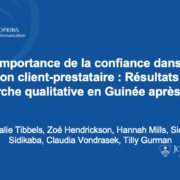
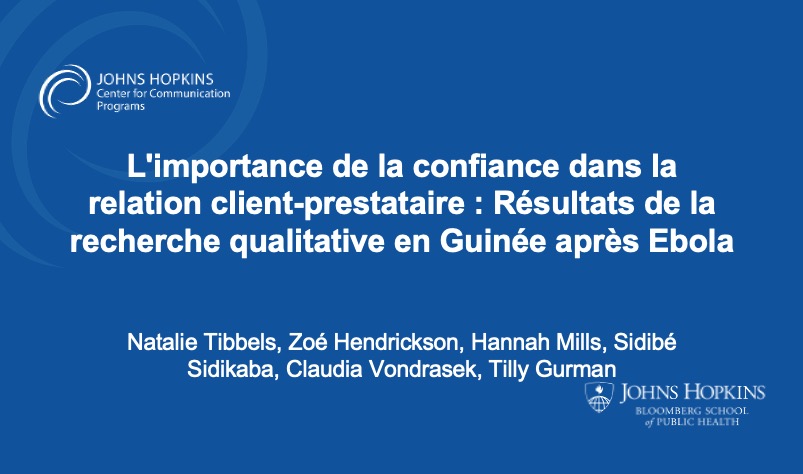 Preliminary results from research in post-Ebola Guinea focusing on patient-provider trust. The objective of this research is to identify how men and women in Guinea described their interactions with health providers in health facilities and the factors that contributed to trust, or lack of trust, in these facilities.
Preliminary results from research in post-Ebola Guinea focusing on patient-provider trust. The objective of this research is to identify how men and women in Guinea described their interactions with health providers in health facilities and the factors that contributed to trust, or lack of trust, in these facilities.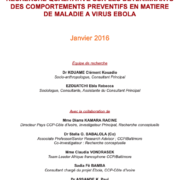
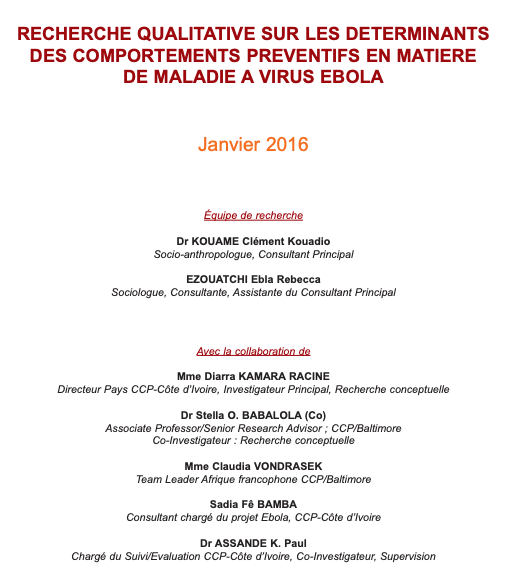 This study was conducted in 2015 to identify ideational factors and practices related to EVD prevention behaviors among the population and health professionals in Côte d’Ivoire.
This study was conducted in 2015 to identify ideational factors and practices related to EVD prevention behaviors among the population and health professionals in Côte d’Ivoire.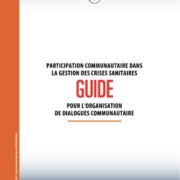
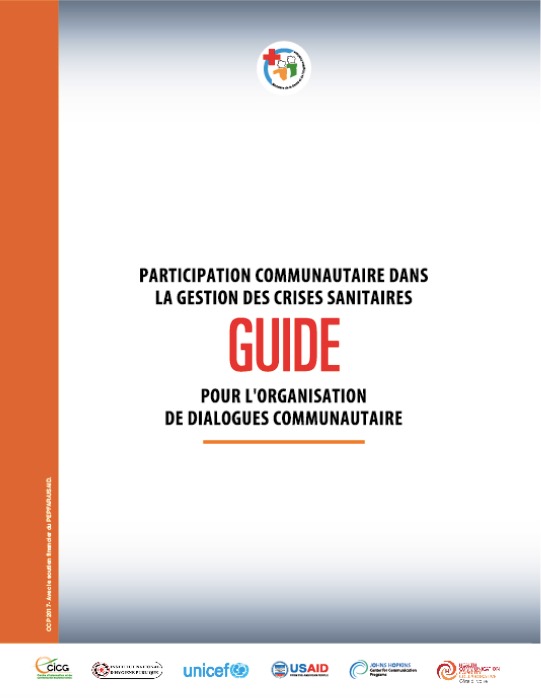 This Community Dialogue guide was developed to promote the active participation of communities in the response and prevention of health crises in Cote d’Ivoire.
This Community Dialogue guide was developed to promote the active participation of communities in the response and prevention of health crises in Cote d’Ivoire.